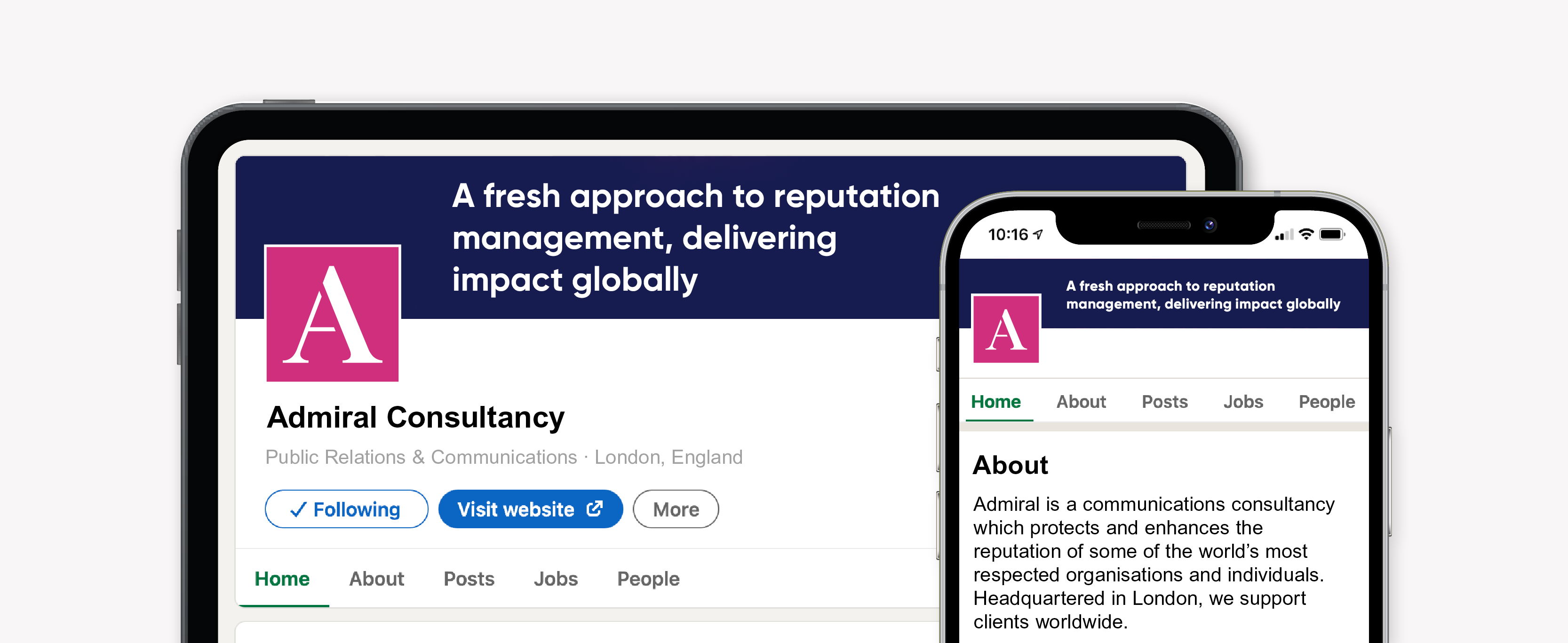Cash for Coverage: the race to the bottom
Wednesday, September 7, 2022

Thanks to a tweet from a prolific tech journalist and a subsequent article for PR Week, ‘cash for coverage’ is the phrase on a lot of lips in our industry.
For many, it raises immediate questions about the quality of both PRs and journos. But is the issue as simple as it seems? We talked to the journalist in question, Nicholas Fearn. A freelancer that writes for Forbes, Financial Times, The Independent, The Daily Telegraph, Computer Weekly and TechRadar, among others, he posted a call for editorial commissions on Twitter last month. Nicholas then received an email from a PR agency, offering cash for coverage.

It sparked a debate on the Twitter thread. @BenRogers commented, “Infuriating to see agencies opting to buy their way to the front of the queue but equally pay-to-play journalism is becoming increasingly prevalent, regardless of a story’s strength. It’s so lazy and gives great journos & PRs a bad name.”
The problem, it seems, is an influx of search engine optimisation (SEO)-first agencies into editorial link-building. They have ‘bought’ links for years and don’t perceive the difference between what they’re doing and credible story telling.
“PR people should focus on telling good stories and engaging with journalists through ethical means, not resorting to bribery,” explains Nicholas. “PRs and companies shouldn’t bribe journalists to write about their clients and products. And journalists shouldn’t be accepting bribes. Journalists will interview your clients if they are the right fit for the story.”
The thin commercial line
Of course, it’s not unusual for freelance journalists to engage with commercial work. So where should they draw the line?
“If a journalist accepts commercial offers from companies, they should be open and honest about it,” continues Nicholas. “For example, many publications that publish reviews earn affiliate commissions. But they need to make readers aware of this. Journalists should never accept bribes, though. It is disgusting behaviour and puts the whole profession in disrepute.”
PR Week reported that not only is this ‘bad moral practice’ but that it doesn’t produce effective outcomes either. Google penalises nefarious activity and this approach to coverage is not a viable long-term strategy because eventually they will run out of links to buy. These link building agencies are clearly failing to understand how earned coverage works. It simply can’t be owned in this way.
That’s why not all coverage is equal. If it is not earned, it has less value. PR tactics and strategies should run deeper than this. To focus on pure SEO is a narrow interpretation of the broader potential of well-executed PR. As an agency that values the ‘relations’ element of media and public relations, we must ask questions such as ‘What about engagement? What about influence? What about brand equity? Storytelling? Perception management?’ I could go on.
“Companies involved in this practice risk not only being blacklisted by journalists and media organisations, but also put their client reputations in a precarious position,” concludes Nicholas. “It’s arrogant, unethical and unacceptable.”
Sadly, while this behaviour is unrepresentative of the PR industry, it is unlikely to stop until journalists and freelancers stop accepting these sorts of payments.
If you have questions about SEO, earned coverage or how to structure your storytelling, contact our team by emailing [email protected]
